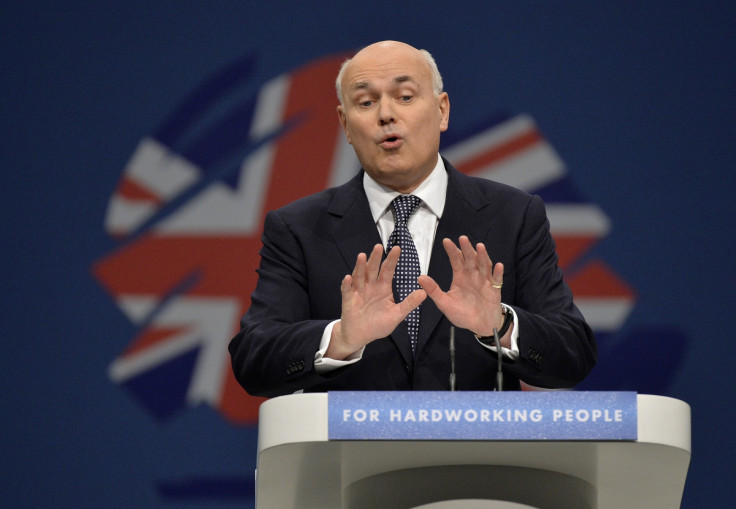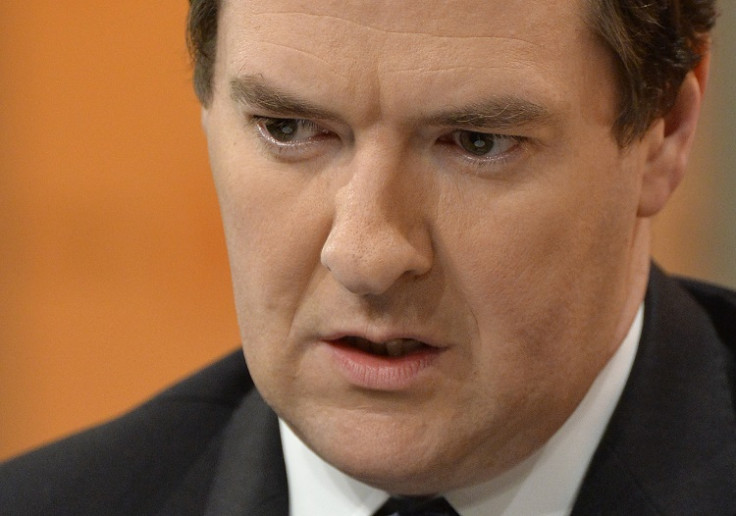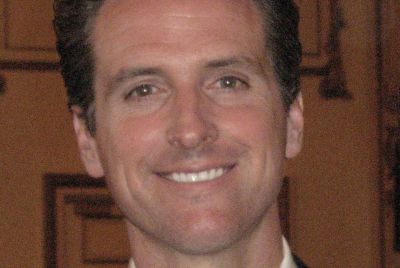George Osborne v Iain Duncan Smith: Cabinet 'Frenemies' Feud over 'Too Clever' Cuts Pledge

Chancellor George Osborne's highly-political announcement that a future Tory government would cut a further £12bn from welfare was designed to open up a clear divide between him and his political opponents. It may have worked too well.
In the process of trying to flush out Labour and the Liberal Democrats, he has also re-ignited an old feud between himself and Tory Work and Pensions Secretary Iain Duncan Smith who is reportedly angry that Osborne is "hacking at the same people". And this spat is deeply personal.
It is not simply that Duncan Smith worries his own welfare reforms go far enough and Osborne's "unbalanced" policy would only increase the pain on the most vulnerable.
The row is, inevitably, also fanned by the personal bad blood between them that was first exposed in the early days of the government when they differed over how to tackle welfare reform.
Specifically, Osborne was concerned that Duncan Smith's controversial proposals would actually cost money in the short term rather than saving it.
At the 2010 party conference, Osborne announced the cutting of child benefit to higher paid earners, without telling Duncan Smith, which sparked a serious war of words between them as the minister accused the Chancellor of, in effect, annexing his department.

There were even some suggestions that Osborne had been pressing the prime minister to move Duncan Smith from the department during a ministerial reshuffle.
It all spilled out with claims in a book by journalist Matthew d'Ancona that the Chancellor believed the problem with Duncan Smith was that he was "just not clever enough".
That worm has now turned, with some in Westminster whispering that the problem with Osborne is that he is "too clever by half", and that his constant attempts to set political traps for his opponents often ignore the practical aspects of his proposals – for example ministers are struggling to say exactly how he will achieve massive, £12bn extra savings from welfare.
It is also the case that the Chancellor's suggestion he will continue to protect pensioners' benefits has not gone down well with Duncan Smith who believes it is unjust to introduce welfare reforms but exclude rich over-65s from any of the pain.
If he chose to head a possible Tory backlash against a continuation of the policy, that could prove extremely divisive and damaging to the Chancellor. At the moment the prime minister and Chancellor appear to be hedging their bets on this one, refusing to promise it will be in the next election manifesto.
But they are very aware that pensioners make up a large proportion of the people who actually vote in elections so are "minded" to continue with the benefits.
But pensions and pensioners' benefits, at more than £80bn, make up the single biggest element of welfare and, therefore, the area where cuts might seem easiest to make – if it were not for the political impact.
The next biggest budget item is housing benefit, at a mere £17bn, which Osborne has targeted but which cannot come anywhere near meeting the £12bn cuts he has announced.
Osborne will be pressed to give much clearer detail of exactly where he plans to get his £12bn from and that might only widen the division between him and Duncan Smith.
© Copyright IBTimes 2025. All rights reserved.





















